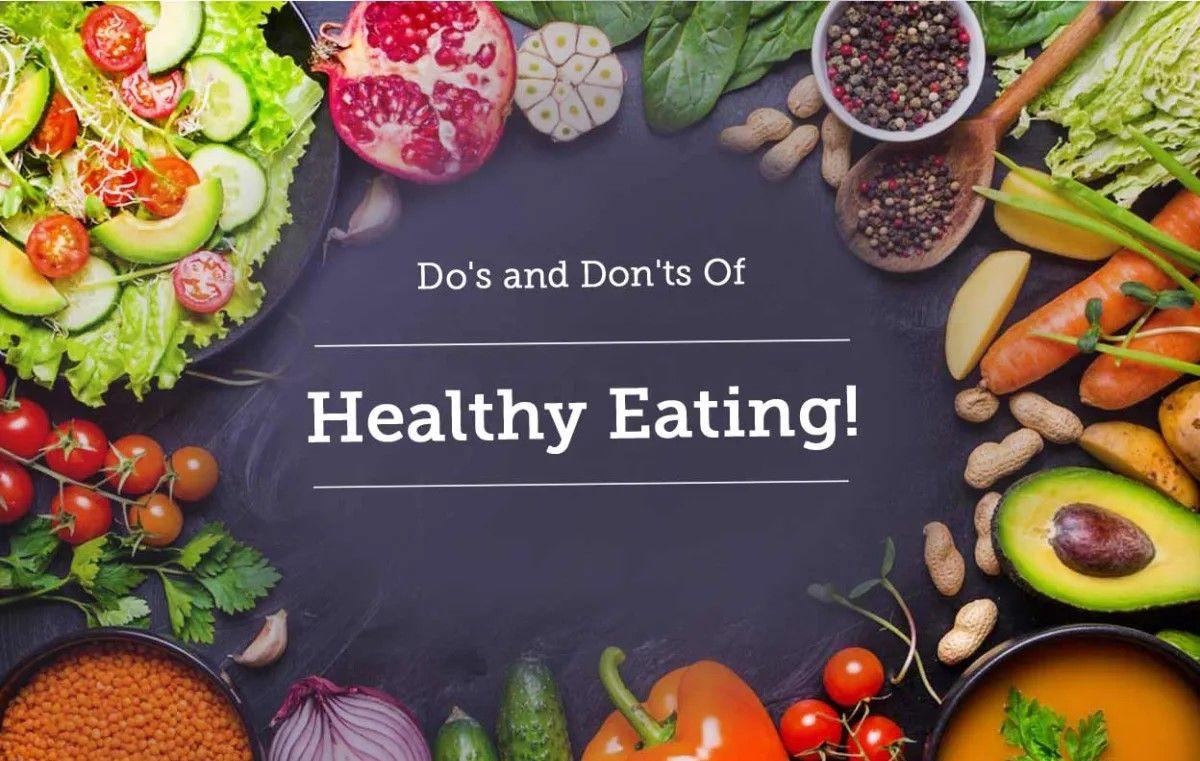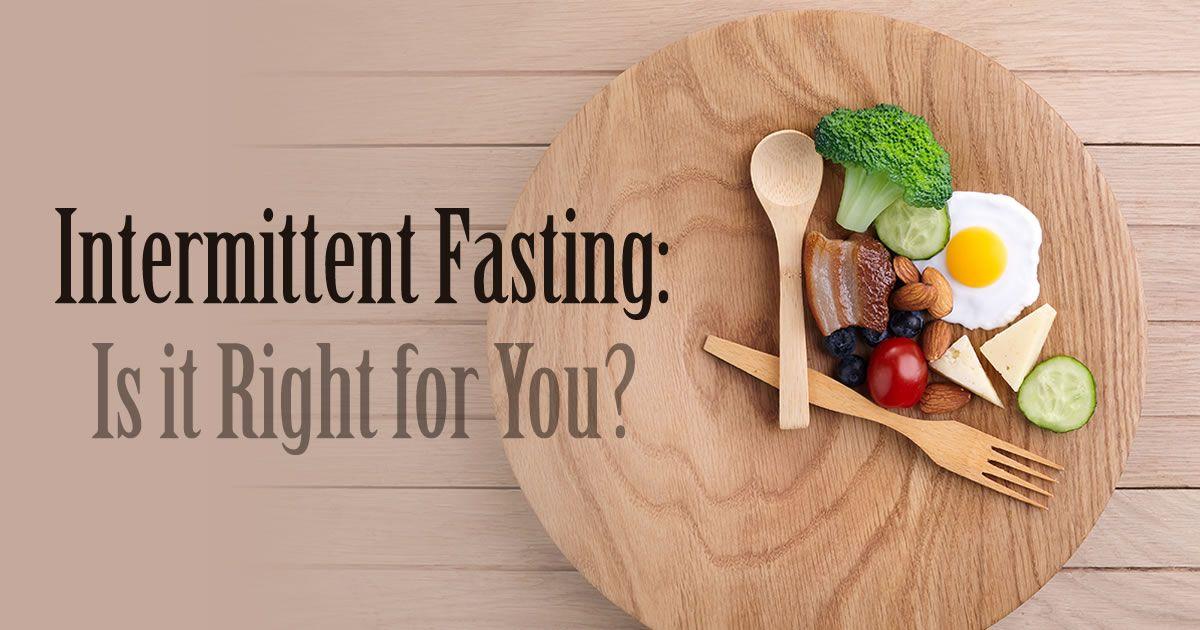Delving into a vegan lifestyle is rapidly becoming a trend, with a notable 20% of today's consumers keen on integrating more vegan or plant-based items into their daily eating habits. Plant-based food sales are growing at a rate nine times higher than overall food sales, leading to almost half of the major food companies dedicating resources to plant-based product development and distribution. Educational institutions are not far behind, with projections showing that by 2025, 42% of the menus in U.S. colleges and universities will be plant-based. Whether you're considering a permanent shift to veganism or simply exploring the concept, the journey to a vegan lifestyle is less daunting than it appears, and the multiple vegan lifestyle benefits, such as health improvements and reduced environmental impact, make it an appealing choice.
- Blogs
- Food & Drink
- Embrace Vegan Living A Complete Guide 65659f1e14e5bf000128cbc8
Embrace Vegan Living: A Complete Guide
Food & Drink • 28 Nov, 2023 • 36,452 Views • ⭐ 3.0
Written by Shivani Chourasia

Defining the Vegan Diet
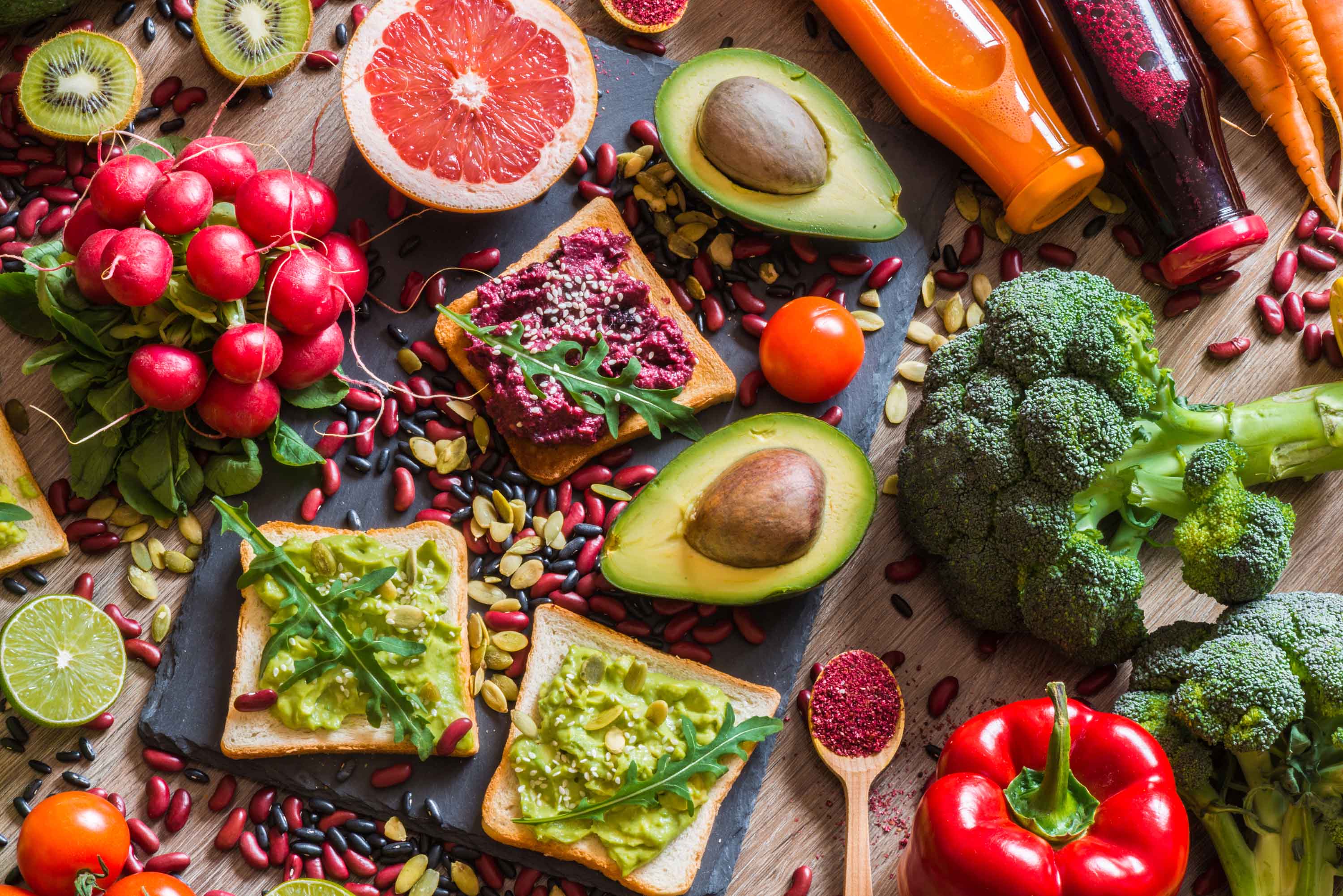
What is a vegan diet? Simply put, it involves exclusively eating plant-derived foods. This means that vegans enjoy a variety of fruits, vegetables, beans, legumes, grains, nuts, and seeds, while consciously avoiding meat (including fish), dairy, eggs, and honey. The intricacies of veganism can be complex, but this constitutes the fundamental principle of a dietary vegan lifestyle.
Exploring the Advantages of a Vegan Diet

Adopting a vegan lifestyle brings a sense of fulfilment, opening up a world of new flavours and contributing to both personal health and environmental sustainability. Here are some key vegan lifestyle benefits.
FOOD & DRINK QUIZ • 10 QUESTIONS • 2 MINS
We've got a Food & Drink quiz for you!
TAP TO PLAY

Enhancing Personal Health

The health benefits of a vegan diet are vast: it significantly lowers the risk of heart disease, offers protection against various cancers, decreases the chance of strokes, reduces blood pressure, improves digestive health, lessens the risk of Type 2 diabetes, promotes healthier skin, and alleviates symptoms of arthritis, among others. Continuous research further underscores the numerous ways a plant-based diet is advantageous for our physical well-being.
Environmental Impact
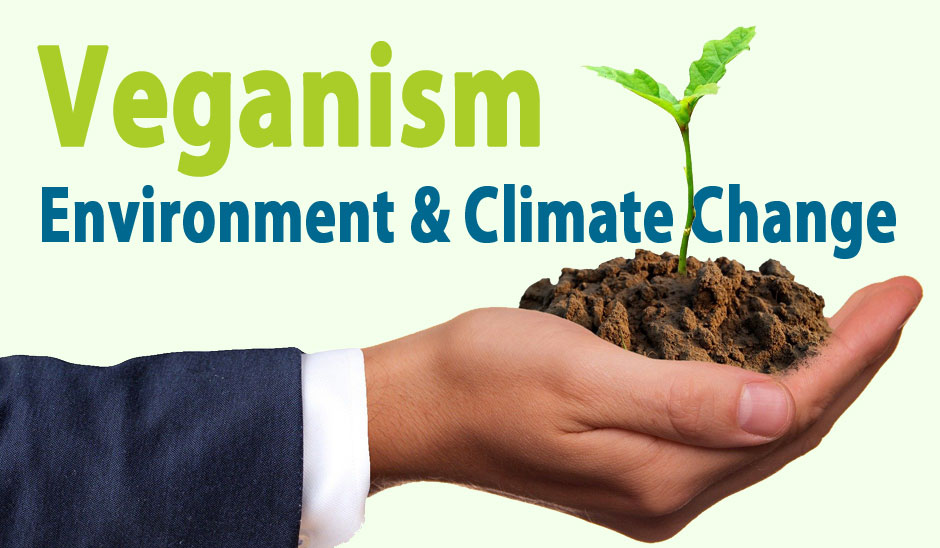
Opting for a vegan lifestyle greatly reduces environmental strain. Traditional animal farming consumes extensive natural resources like water and land and contributes significantly to air and water pollution, deforestation, loss of biodiversity, and greenhouse gas emissions. In contrast, adopting a vegan diet is considered environmentally optimal, as evidenced by research from the University of Copenhagen, which found that it results in the lowest greenhouse gas emissions.
Animal Welfare
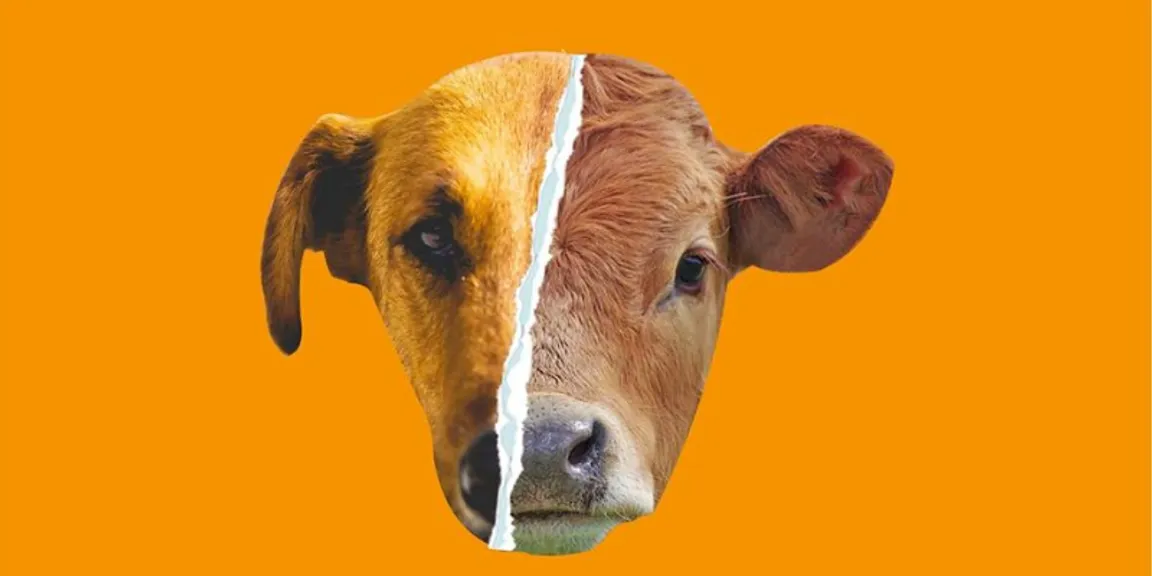
A major aspect of what is a vegan lifestyle is its compassionate approach towards animals. By reducing the demand for meat, eggs, and dairy, fewer animals are bred and slaughtered for food. This not only helps farmed animals but also protects wildlife by reducing the destruction of their habitats for animal agriculture. Moreover, a vegan diet aids in preserving ocean ecosystems by lessening the demand for fish and reducing harmful agricultural runoff.
Improving Sleep Quality

Research has indicated that a diet high in fibre and low in saturated fats, like a vegan diet, contributes to better sleep. Studies have shown that individuals consuming more plant-based proteins experience longer and higher quality sleep compared to those consuming animal proteins.
Cognitive Benefits

A vegan diet may reduce the risk of cognitive disorders by up to 33%, as per findings in The American Journal of Clinical Nutrition. This is attributed to the high content of antioxidants and polyphenols in plant-based foods, which are known to protect the brain and potentially reverse cognitive decline.
Increased Longevity

A diet centred around plant-based foods is linked with a longer life. Research in the Journal of the American Heart Association revealed that individuals following a diet rich in plant-based foods had an 18 to 25% lower risk of premature death from any cause.
Enhanced Mood

Studies, including a large-scale survey by Tracking Happiness, have found that individuals following a vegan diet report higher levels of happiness compared to meat-eaters. This could be due to the absence of arachidonic acid, found in meat and associated with depression, and the high levels of complex carbohydrates in vegan diets that boost serotonin, a mood-enhancing hormone.
Spiritual and Consciousness Benefits
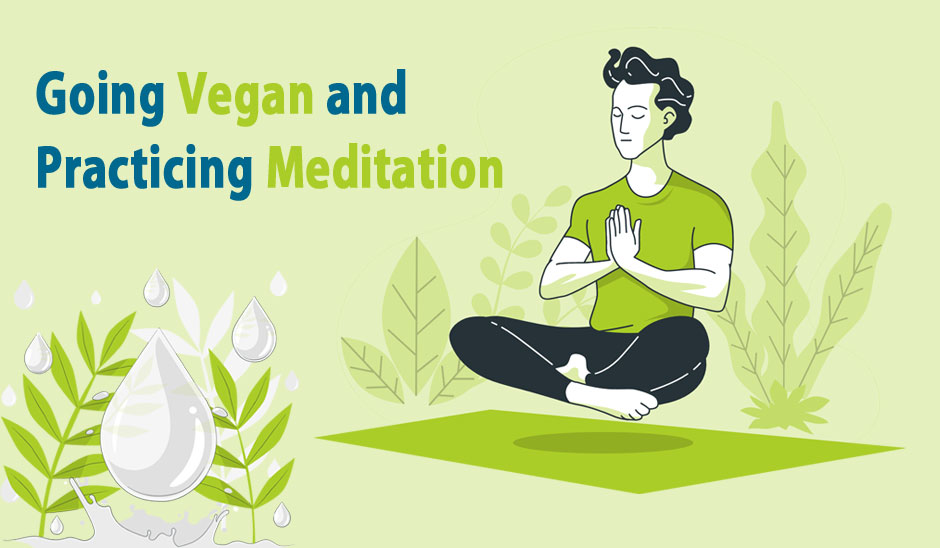
Many who embrace a vegan lifestyle experience a spiritual uplift. This could be attributed to the nonviolent philosophy inherent in veganism, which resonates with our inner consciousness and promotes a sense of peace and well-being. Mindful consumption of plant-based foods often strengthens this spiritual connection.
Addressing Protein Concerns in a Vegan Diet
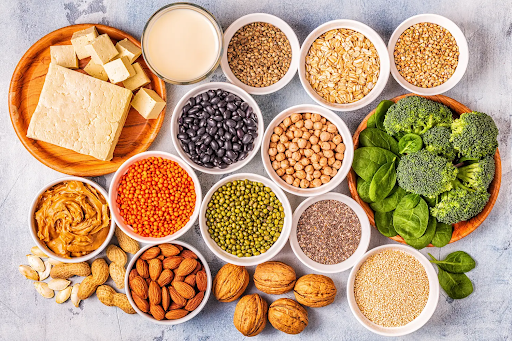
A common question regarding a vegan lifestyle is about adequate protein intake. It's important to recognize that the necessity for protein is often overstated. The actual Recommended Dietary Allowance is 0.8 grams per kilogram of body weight. For example, a person weighing 130 pounds requires around 46 grams of protein daily. A vegan diet provides ample protein through legumes, beans, vegetables, and grains. A meal with one cup of quinoa, half a cup of black beans, and two cups of broccoli delivers about 21 grams of protein, nearly half the daily requirement for a 130-pound individual. Additionally, vegan protein powders offer a convenient supplement for those concerned about meeting their protein needs.
Evaluating Vegetarian Diets Versus Vegan Diets
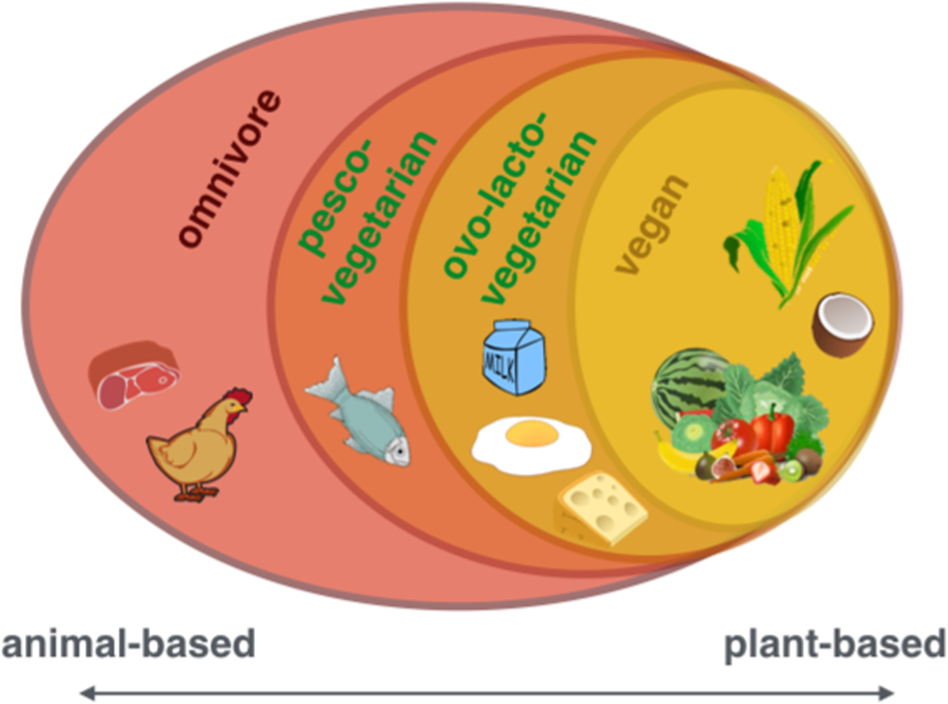
While adopting a vegetarian diet, which excludes meat but not eggs, dairy, or honey, is a step towards a healthy vegan lifestyle, it doesn't encompass all the vegan lifestyle benefits. Vegan diets, typically richer in fibre, may offer greater protection against heart disease, as they exclude eggs and dairy products, both of which contain cholesterol. Dairy products have also been linked with health issues like type 2 diabetes, Alzheimer’s disease, and certain cancers. However, transitioning from an omnivorous to a vegetarian diet can be an effective intermediate step for those aiming to adopt a fully vegan lifestyle.
Starting with Veganism One Day a Week
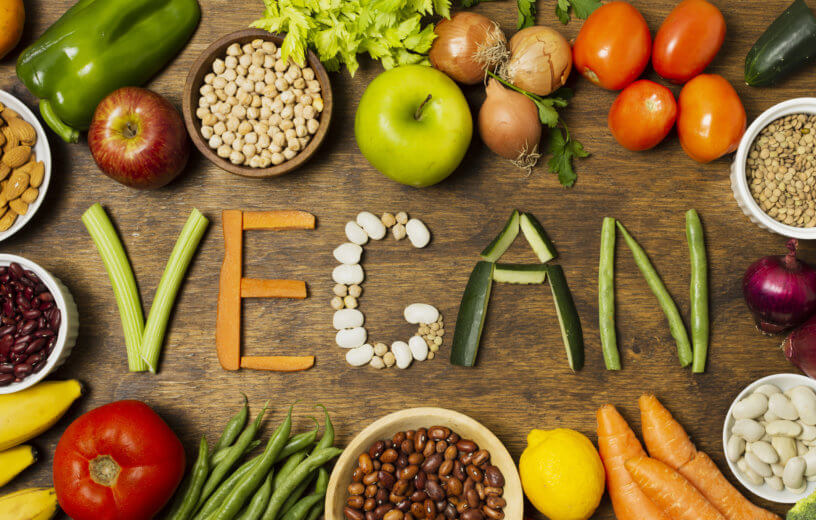
For those exploring how to live a healthy vegan lifestyle, dedicating one day a week to vegan eating is a practical approach. This method allows individuals to experience the nutritional richness and taste of plant-based foods. It's beneficial to learn to cook vegan meals at home, utilizing fresh ingredients from local markets. There are vegan alternatives for nearly all animal-based foods, like oat milk for cereal or vegan cheese for sandwiches. While some pre-packaged meat substitutes are available, healthier options include seitan, tempeh, or extra-firm tofu. This gradual approach helps in understanding what is a vegan lifestyle and makes the transition to a full-time vegan diet more manageable and rewarding.
Embracing a Vegan Lifestyle Every Day
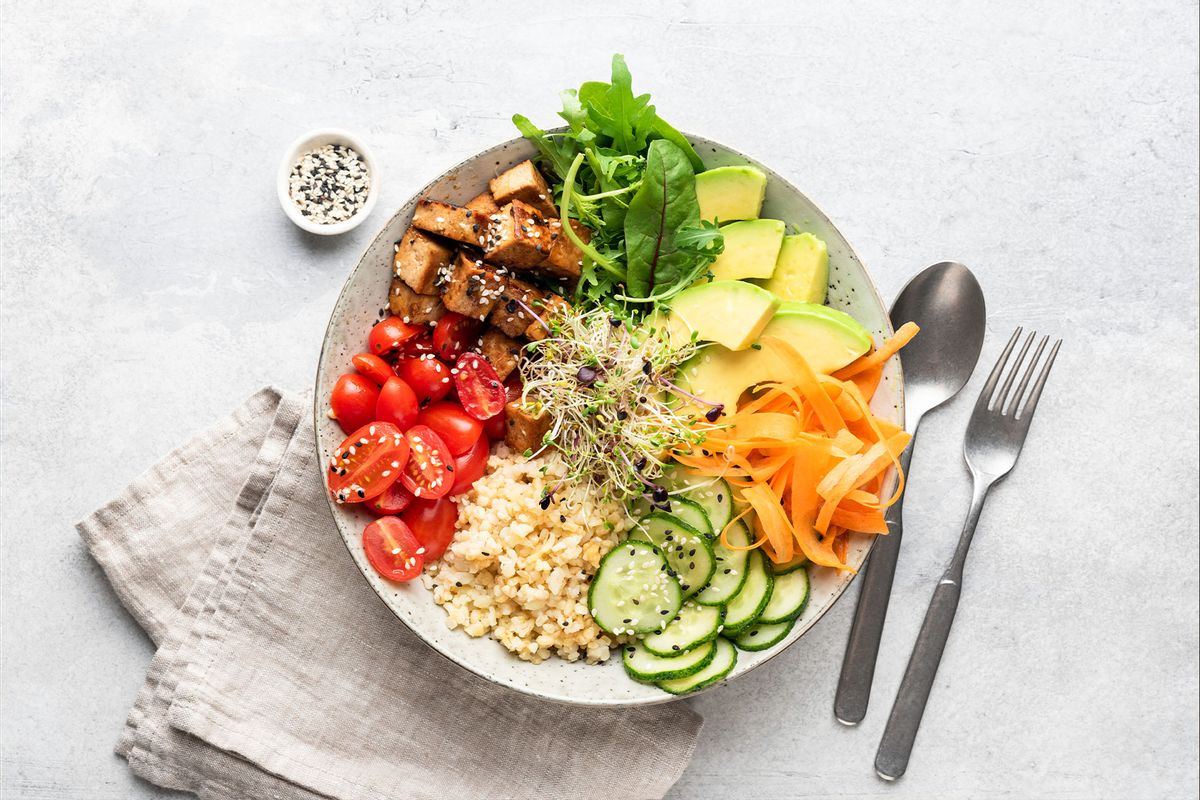
Adopting a vegan lifestyle doesn't have to feel like you're missing out. The key is to gradually replace animal products with plant-based alternatives, focusing on filling up with healthy choices like vegetables, legumes, and fruits. This way, your craving for animal-based foods naturally diminishes. Here are ten tips to help you integrate a vegan diet seamlessly into your daily life.
- Gradual Transition: Start by substituting dairy with oat milk, then progressively replace meat with plant-based proteins like tofu or beans.
- Cookbook Exploration: Acquire vegan cookbooks and try a new recipe each week to diversify your meal options.
- Stock Essential Ingredients: Keep a supply of beans, grains, tofu, nuts, fresh produce, nutritional yeast, vegetable stock, and non-dairy milk.
- Increase Plant Intake: Add more fruits and vegetables to every meal for enhanced nutrition and fullness.
- Explore Asian Markets: Visit Asian markets for a variety of unique vegan foods and ingredients.
- Join Vegan Communities: Connect with local or online vegan groups for support, recipe sharing, and camaraderie.
- Share Vegan Dishes: Bring a vegan dish to social gatherings to ensure a meal option and introduce others to vegan cuisine.
- Identify Vegan Restaurants: Find local restaurants that offer vegan options for days when you prefer not to cook.
- Nutritional Awareness: Ensure you're getting essential nutrients like vitamin B-12, vitamin D, and iron in your vegan diet.
- VegNews Subscription: Consider subscribing to VegNews Magazine for additional motivation and vegan recipe ideas.
Conclusion
Embracing a vegan lifestyle is more than a dietary change; it's a holistic approach to living that benefits personal health, animal welfare, and the environment. The journey to a plant-based life, filled with a variety of flavours and nutrients, is a path to improved physical and mental well-being. With the right approach, such as starting with small changes, exploring new recipes, and connecting with the vegan community, the transition becomes not only feasible but also enjoyable. As research continues to highlight the extensive vegan lifestyle benefits, it becomes clear that this lifestyle is a proactive choice for a healthier, more compassionate, and environmentally responsible way of living. Whether you're taking initial steps or fully committing to a vegan diet, each choice contributes to a more sustainable and fulfilling life journey.
Test your knowledge of Food & Drink. Visit: https://4123.play.quizzop.com/food-and-drink-quiz/category
Rate this article
Other articles you may like
Navratri Foodies' Delight: 9 Must-Try Fasting Recipes
Food & Drink • 9 Oct, 2023 • 34,720 Views
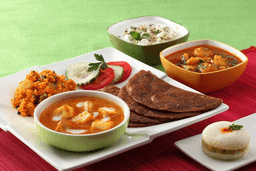
Top 7 Culinary Cities in the Mediterranean
Food & Drink • 24 Aug, 2023 • 35,072 Views

Parsi Feasts: Nowruz's Delicious Traditions
Food & Drink • 16 Aug, 2023 • 36,336 Views

5 Street Foods You Must Try in Mumbai
Food & Drink • 14 Aug, 2023 • 39,007 Views

5 Authentic South Indian Dishes Beyond Dosa and Idli
Food & Drink • 11 Aug, 2023 • 36,353 Views

